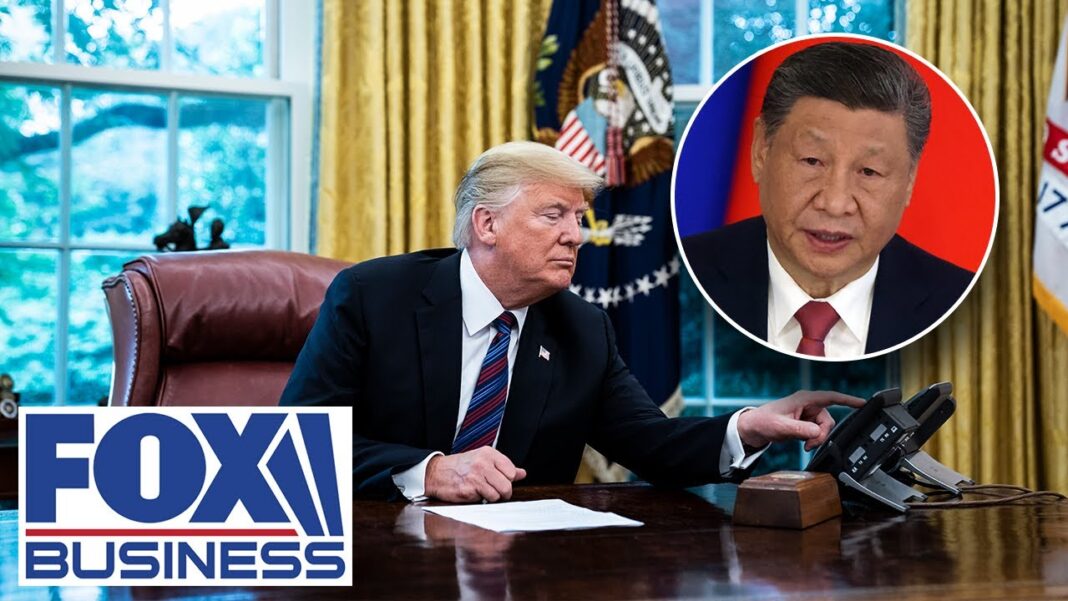In his latest social media post, Trump took aim at India and Russia, expressing frustration over their close alignment with ‘deepest, darkest China.’
WASHINGTON—President Donald Trump’s recent remarks targeting China and its allies mark a noticeable shift in tone. After months of avoiding direct criticism of Chinese Communist Party leader Xi Jinping, Trump is no longer mincing his words.
The change has raised questions about whether Trump is signaling a new approach to managing America’s top rival.
On Sept. 5, Trump took aim at India and Russia in a Truth Social post, expressing frustration over their close alignment with Beijing.
“Looks like we’ve lost India and Russia to deepest, darkest, China,” Trump said. “May they have a long and prosperous future together! President Donald J. Trump.”
A day earlier, Trump urged European leaders to stop buying Russian oil and to ramp up economic pressure on China, accusing Beijing of aiding Moscow’s war effort.
Trump has repeatedly criticized both China and India for buying sanctioned Russian oil. He recently imposed 50 percent tariffs on Indian imports and has shown no intention of backing down despite ongoing dialogue with New Delhi.
Adam Savit, director for the China Policy Initiative at the America First Policy Institute, told The Epoch Times that Trump’s tougher stance represents a break from the softer approach of recent months, when the administration was pursuing trade negotiations with Beijing. Still, Savit believes sharper rhetoric reflects Trump’s negotiating style more than a substantive policy shift at this stage.
He noted that Trump’s latest criticism was directed primarily at India, reflecting frustration with the country’s growing ties with China.
India, which has traditionally confronted Beijing due to ongoing border disputes and economic tensions, is also part of the Quad—a security partnership with the United States, Japan, and Australia aimed at countering Chinese influence in the Indo-Pacific. If New Delhi leans further toward Beijing, Savit warned, it could mark a significant expansion of China’s influence within the BRICS bloc, which includes Brazil, Russia, India, China, and South Africa.
By Emel Akan







